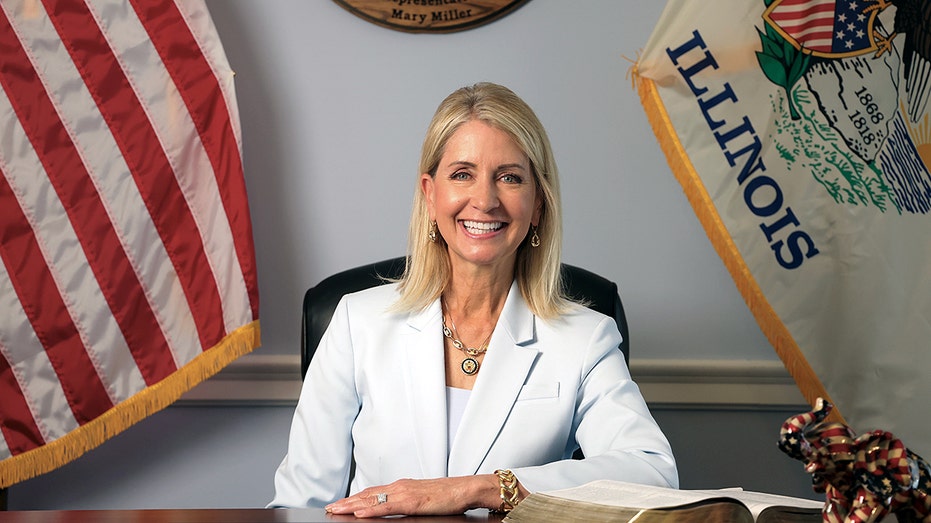A fierce legal battle erupted over the fate of food assistance for millions of Americans, as a judge’s order threatened to divert funds from school lunch programs to cover a shortfall in SNAP benefits.
The crisis unfolded after SNAP benefits unexpectedly lapsed for the first time in the nation’s history, leaving over 40 million people facing potential hunger. A $5 billion emergency fund proved insufficient to meet the program’s needs for November, triggering a scramble for solutions.
US District Judge John McConnell, appointed by the previous administration, issued a temporary restraining order demanding the current administration redirect funds from child nutrition programs to fully restore SNAP benefits to the states by a rapidly approaching deadline. He warned of dire consequences if immediate action wasn’t taken.

“The evidence shows that people will go hungry, food pantries will be overburdened and needless suffering will occur,” the judge stated during a hearing, directly addressing government lawyers. His order effectively prioritized SNAP recipients over children’s nutritional needs.
The response was swift and forceful. The Attorney General vehemently condemned the judge’s decision, accusing him of forcing a raid on school lunch funding to support SNAP. She characterized the order as a deeply flawed intervention into the allocation of scarce resources.
Adding to the urgency, the Attorney General alleged procedural irregularities, claiming the court deliberately disadvantaged the government by issuing the order after the First Circuit Court had closed for the day. This timing, she argued, created an artificial emergency and rushed the administration’s response.
Further complicating matters, the Attorney General asserted that the First Circuit Court’s clerk’s office initially obstructed the government’s ability to file an emergency request for a stay, delaying the process and exacerbating the time pressure. Access to filing mechanisms was reportedly restricted until regular business hours.
The Attorney General passionately argued that the courts should not be involved in making decisions about how to allocate funds during a government shutdown, insisting that responsibility lies solely with Congress to resolve the impasse and fully fund vital programs like SNAP and school lunches.
The core of the dispute centered on the proper response to a government shutdown and the delicate balance between competing needs when resources are limited. The situation highlighted the profound human consequences of political gridlock and the urgent need for a resolution.





